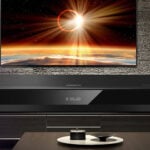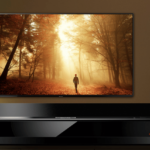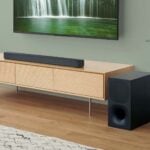Seth=L
Screenwriter
- Joined
- Jul 17, 2006
- Messages
- 1,313
- Real Name
- Seth L
I have heard from many audiophiles that coax is superior by far to toslink. Why is it that companies like toslink tell consumers that it is better?
Is it true that toslink (EIAJ Optical) has a brandwidth of only 6Mhz while coax has the potential of 500Mhz. It would seem this would make a world of difference.
Seth=L
Is it true that toslink (EIAJ Optical) has a brandwidth of only 6Mhz while coax has the potential of 500Mhz. It would seem this would make a world of difference.
Seth=L






